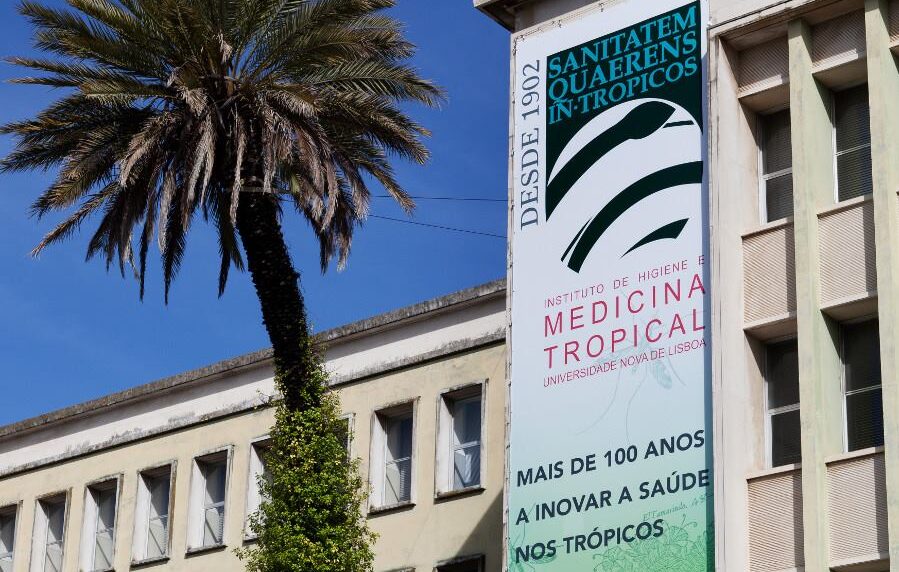The president of the Institute of Tropical Medicine today warned of the possibility of epidemic outbreaks of dengue and zika in Portugal and appealed to health professionals not to confuse any cases with the flu.
Speaking to the Lusa agency regarding the 6th Congress of Tropical Medicine, which starts today in Lisbon, Filomeno Fortes recalled that the 'aedes albopictus' mosquito – which can transmit zika, dengue and chikungunya – has already been identified in Portugal – and that the eggs can remain in a state of hibernation for more than a year.
“All you have to do is come into contact with water for the mosquito to hatch. And this mosquito has a characteristic: It is infected once and it is for life», explained the official, considering that the probability of Portugal having infected eggs "is great".
This alert from the president of the Institute of Hygiene and Tropical Medicine (IHMT) comes after, at the beginning of the month, the World Health Organization warned that Europe is at risk of dengue and zika outbreaks in the summer, drawing attention to the need for authorities to increase vigilance.
Filomeno Fortes recalled that the 'aedes albopictus' mosquito has already been found in Madeira and in the north (Penafiel) and south (Mértola) of mainland Portugal, considering that this increases the probability of outbreaks of dengue, zika and chikungunya, diseases that cause bleeding and can be fatal.
«The national health system has to be prepared for the possibility of suspicious cases», said the official, recalling that there are rapid tests to detect these three bleeding syndromes.
In an alert situation - he considered - these tests "should be available at the national level so that any health professional who suspects a case of dengue, chikungunya or zika can resort immediately" and obtain a preliminary diagnosis.
The expert insisted that health professionals should be alert and recalled: "These cases are usually confused with the flu."
“These are typical situations in which the person comes with a fever, with body aches, with chills and the tendency is to say that it is the flu. When you ask for the tests, as you don't exactly ask for any of these three tests, the test comes to say that everything is fine, that it must be the flu, "he explained.
He also defended that, in a situation of confirmed cases, “intensive care specialists must know how to manage serious cases”.
He exemplified with dengue, which can result in the failure of several organs, but as it is a very specific failure, “the intensive care physicians have to know what the immediate measures are”.
“These patients are usually saved in the first 24 to 48 hours”, otherwise “the risk of them dying is great”, said Filomeno Fortes, stressing that, of the three diseases, the one that progresses the most worldwide is dengue, being, therefore, the one that “deserves greater attention”.
The head of the IHMT also drew attention to the need for a surveillance and control program in view of the possibility of one of these epidemics happening in Europe, especially in Portugal.
In addition to epidemiological surveillance, Filomeno Fortes pointed out the need for entomological surveillance (of mosquitoes) in areas where mosquitoes were identified: “There must be teams traveling regularly to these areas, trying to capture vectors and eventually identify may be infected”.
The specialist also recalled that migratory movements can increase the possibility of infected people entering Europe.
He said that what contributes most to the possibility of outbreaks in Europe are climate change, the destruction of forests, the pollution of land, water and air and the alteration of biodiversity, “which forces parasites, vectors and viruses adapt in areas and circumstances where they previously could not survive.”



















Comments